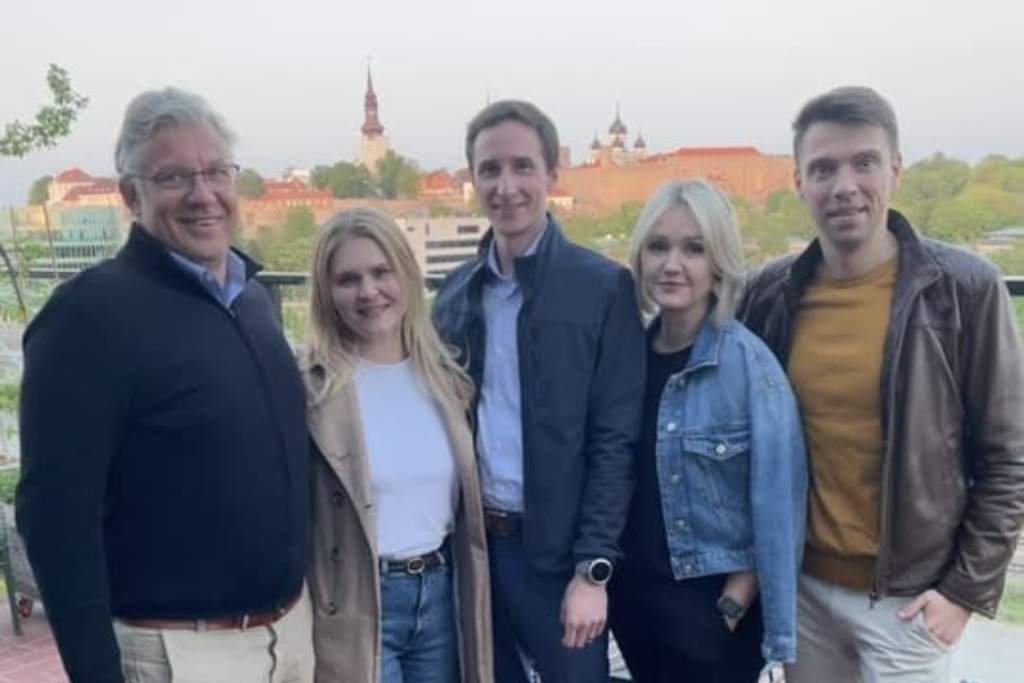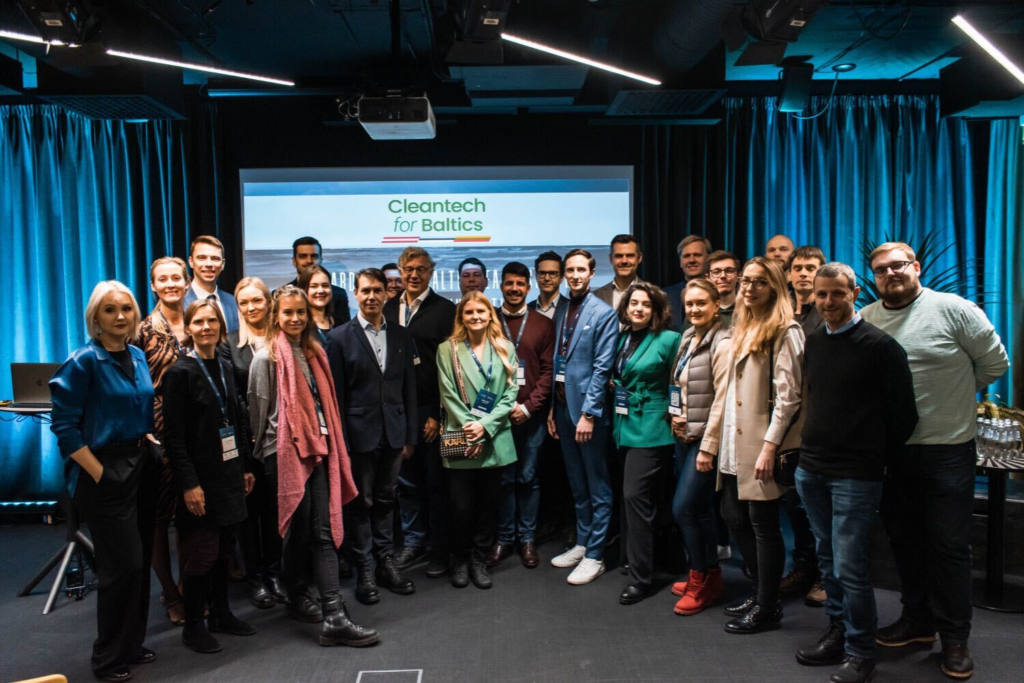The Role of Cleantech in Energy Security
The war in Ukraine has accelerated innovation in energy security and cleantech. Nacho Gimenez (DTEK) shared insights into the ongoing energy crisis in Ukraine, where decentralized energy solutions, such as solar panels and wind turbines, are proving crucial for resilience. There is a growing recognition that energy security and decarbonization are inextricably linked – they are two sides of the same coin that must be addressed together. Gimenez called for Europe to recognize the war-driven energy security challenges faced by Ukraine and other regions impacted by the conflict.
Integration of Cleantech in EU Defense Policy
The growing integration of cleantech into EU defense policy has been a topic of discussion among various stakeholders, including Member of the European Parliament Radan Kanev. Some EU members, particularly those with more conservative viewpoints, continue to see cleantech and defense as distinct issues. However, there is a belief among others that cleantech could play a crucial role in defense, with the military’s historical role in driving innovation and scaling breakthrough technologies often cited as a key example.
Europe’s biggest military threat may not only stem from direct conflicts but also from the potential disruption of critical resource supply chains. In this context, efforts within the European Parliament are focused on promoting dual-use technologies that bridge civil and military applications.
Regarding the alignment of long-term European legislation with both climate and defense goals, dual-use technologies are viewed as a potential catalyst for both market leadership and innovation in cleantech. There is also a growing consensus on the need for increased investment in R&D, particularly in technologies with dual applications, as well as greater awareness and education within EU institutions about the strategic role cleantech can play in enhancing both defense capabilities and Europe’s global competitiveness.
NATO Innovation Fund for Disruptive Technologies
Brooke Latham introduced the NATO Innovation Fund, a $1.1 billion fund aimed at disruptive technologies with dual-use potential for both military and civilian applications. With 24 members, including the US and Canada, the fund is focusing on areas like AI, microgrids, green ammonia, and critical minerals. Latham highlighted NATO’s 2021 Climate Impact Assessment, which pointed to urgent needs for clean technologies, particularly in energy infrastructure and logistics for defense applications, such as microgrids in conflict zones.
Baltic Security and Defense Efforts
Sigute Stankeviciute (Innovation Agency Lithuania) shared insights on Lithuania’s growing defense innovation ecosystem, including an upcoming funding call prioritizing ICT, biotech, and cleantech, and efforts to integrate cleantech into military technologies.
Janis Kondrats (NATO DIANA Accelerator Latvia) brought attention to Latvia’s focus on autonomous vehicles, drones, and defense tech. He also mentioned the strategic role of testing sites in Latvia and Estonia, which are driving innovation in areas like 5G and drone technologies.
Speakers at the meeting included MEP Radan Kanev, Brooke Latham (NATO Innovation Fund), Janis Kondrats (NATO DIANA Accelerator Latvia), Sigute Stankeviciute (Innovation Agency Lithuania), Nacho Gimenez (DTEK), and Suzana Carp (Cleantech for Europe).









